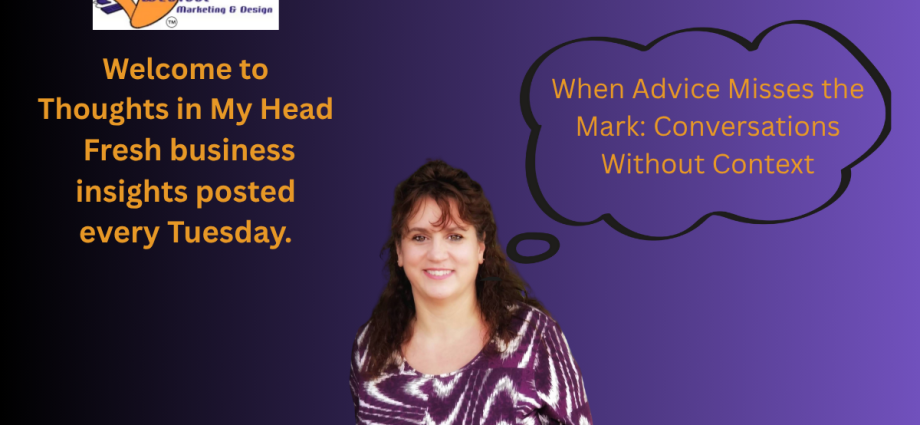Recently, I watched a painfully awkward exchange unfold—a big city lawyer met with a group of small-town entrepreneurs. The topic turned to business structure, and someone asked the lawyer, “What do you recommend for a small business owner?”
Without missing a beat, he responded with full confidence and a corporate flourish: “The only thing any business should ever be is a corporation. If you’re not a corporation, you’ll never get investors.”
Now, I should point out—there had been no introductions. No context. No idea who was sitting across from him. This sweeping declaration was delivered to a group that included a Native basket weaver who sells her work at powwows and farmers markets, a massage therapist just starting out, and a woman preparing to take over her family’s hotel in a town with a population under 2,000. Other attendees included life coaches, artists, and local market vendors—none of whom, I assure you, had the words “venture capital” on their vision boards.
It was a masterclass in answering the wrong question to the wrong audience. And I’ve been that person too—on the receiving end of blank stares that silently scream, “What are you even talking about?”
One time, I was working with a local contractor who wanted a new website. I explained that I’d need a written description of his services (which I offered to help with), and importantly—some photos. “I’ll need pictures for the site,” I told him. “No problem,” he replied. “I’ll get them to you this week.”
Sure enough, Friday arrived and so did an envelope in my P.O. box. Inside were 10 pages of 8.5”x11” plain paper with grainy, printed images. Mailed. Photographs. Printed. On paper. For a website.
I stared at those pages with the same confused expression that basket weaver must’ve worn when she was told she needed an investor to grow her side business.
In both scenarios, communication happened—but comprehension did not. There was no malice or incompetence involved. Just two people speaking entirely different dialects of “business.”
Years ago, a well-meaning friend told me, “Misty, you’ve got to dumb it down.” I bristled at the phrase. It sounded condescending. I didn’t want to talk down to clients—I respect them. But over time, I realized what he meant: stop using Master’s-level business speak when someone just needs to know where the light switch is.
In the same way, many women will relate to the term “mansplaining”—where someone explains something to you in exhaustive detail that you already understand, or never asked about, simply because they assume you don’t get it. That’s what happens when we communicate without context or curiosity.
If you don’t take the time to understand who you’re speaking to, why they’re asking the question, and what they actually need—you’ll end up giving them a three-hour lecture on the history of electricity when all they wanted was to turn on the light.

Thanks for Reading!
Even if you’re not a subscriber (yet), I truly hope today’s post gave you something useful to think about or apply in your business.
I’m building my own business too, and I’m currently taking on new clients—so if you know someone who could use support with [insert your main service, e.g., website development, business coaching], I’d be grateful for the referral.
Want more posts like this sent straight to your inbox every Tuesday? Subscribe here.
And if you have thoughts, questions, or feedback—I’d love to hear from you. Just drop me a note at misty@webfootmarketing.net
Let’s keep building,

